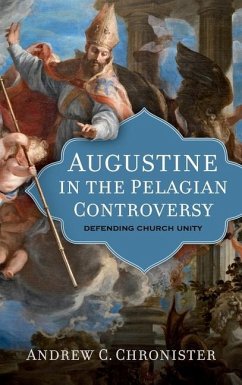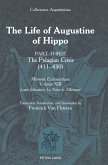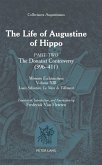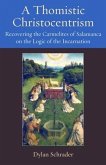This book examines St. Augustine of Hippo's involvement in the Pelagian controversy and argues that this involvement was prompted not simply by his opposition to Pelagian doctrinal views but, to a significant degree, by his desire to defend Church unity. To prove this thesis, Andrew Chronister analyzes the historical context of the controversy as well as Augustine's argumentation in his anti-Pelagian works. Attending to the historical context reveals the fact that at various moments in the controversy, Augustine was faced with what he believed to be significant threats to Church unity. For example, the beginnings of the controversy coincided with a key attempt in June 411 to end the Donatist schism that had split the African Church for a century: at the very moment when one schism was being healed, another threat to unity appeared in Caelestius and Pelagius. At the same time, internal evidence in Augustine's anti-Pelagian works reveals his desire not only to refute Pelagian doctrinal views but also to undermine the Pelagians' claims that they were simply teaching what the Church had always and everywhere taught. This can be seen in a particular way in Augustine's frequent appeals to liturgical and sacramental praxis as well as in his rather novel practice of citing renowned Christian authors as evidence for the antiquity and universality of his views. Augustine in the Pelagian Controversy has two main contributions: (1) it offers a new perspective on Augustine's involvement in the controversy that makes his prolonged and polemical engagement with the Pelagians more intelligible and (2) it provides a detailed history of the controversy itself.
Hinweis: Dieser Artikel kann nur an eine deutsche Lieferadresse ausgeliefert werden.
Hinweis: Dieser Artikel kann nur an eine deutsche Lieferadresse ausgeliefert werden.








